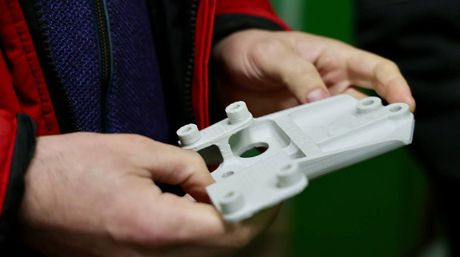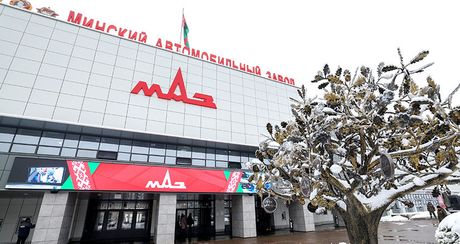Belarus-Russia exchange trade doubles in H1 2021
12:02, 16 July

Economic entities of Belarus and Russia concluded $63 million worth of transactions on the Belarusian Universal Commodity Exchange (BUCE) in H1 2021, which was up 1.8 times year-on-year, BUCE's spokesman Roman Yaniv told BelTA.
- Share on Facebook
- Share on VK
- Share on Twitter
The most popular Belarusian goods in the Russian market were butter, milk powder, and construction materials. In H1 2021, they accounted for around 90% of the total export, equaling $30.4 million, up 3.7 times year-on-year. Major imports from Russia were rolled ferrous metal products and coal. The share of these products exceeded 85% ($24.5 million). The total sum of import transactions went up by 15% over H1 2020.
“One of the most important factors that contributed to the rise in trade with Russia via BUCE was increased activity of companies from Russian regions. Since the start of the year, 126 new Russian companies were accredited at BUCE. In H1, Leningrad Oblast, Moscow Oblast, and Smolensk Oblast were the top three regions in terms of trade ($28.6 million, $7.2 million, and $5.5 million respectively). Leningrad Oblast was in the lead thanks to purchasing large batches of Belarusian cement and dairy products and supplying coal to Belarusian enterprises. I would also like to mention Russia's Novosibirsk Oblast and Ivanovo Oblast. The former is the largest buyer of Belarusian milk powder, the latter – of butter,” Roman Yaniv said.
Founded in 2004, the Belarusian Universal Commodity Exchange conducted its first trading session in June 2005. BUCE is one of the largest commodity exchanges in Eastern Europe. Its main function is to assist Belarusian enterprises with export and foreign companies with entering the Belarusian market. BUCE sells a wide range of metal, forestry, and agricultural products, industrial and consumer goods.






